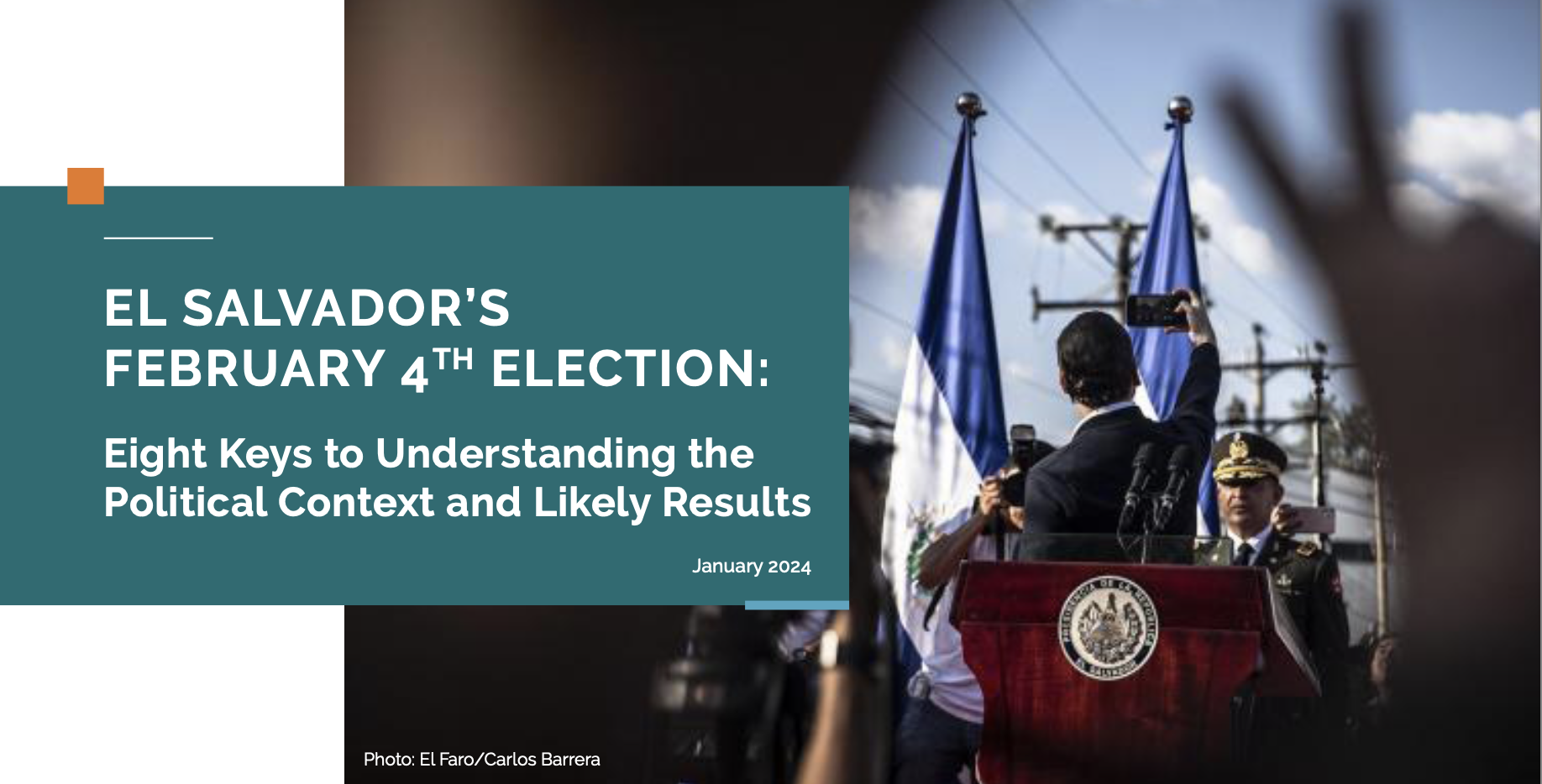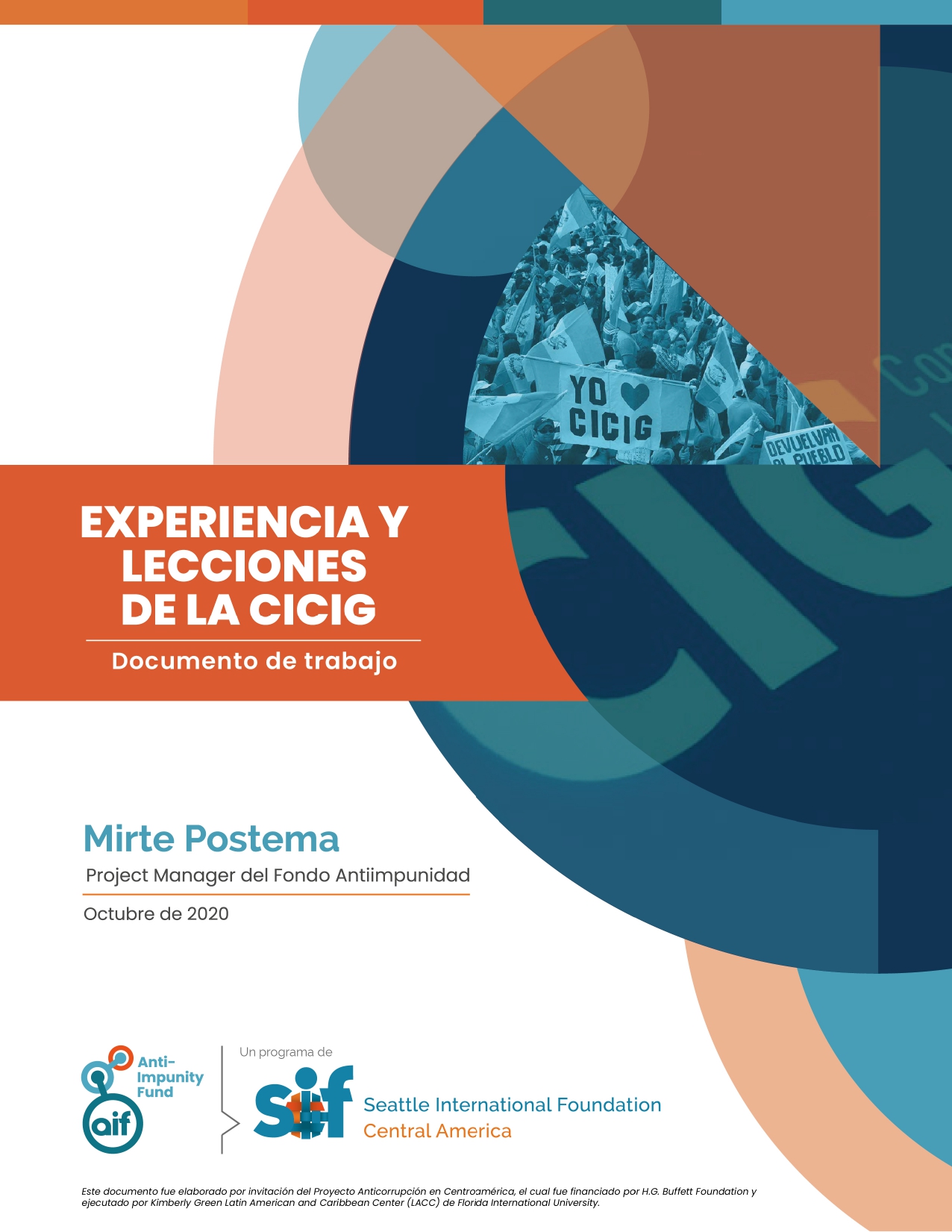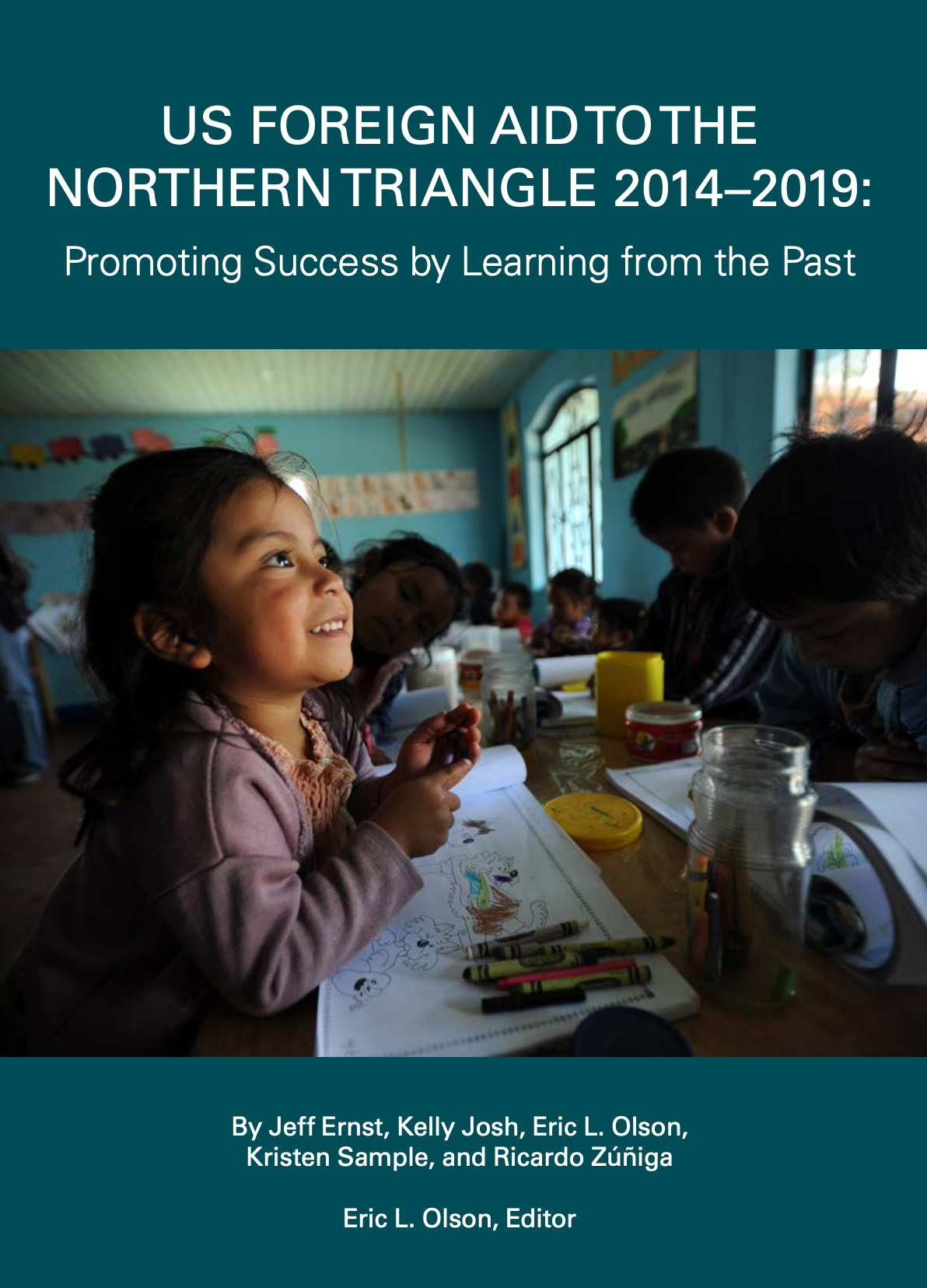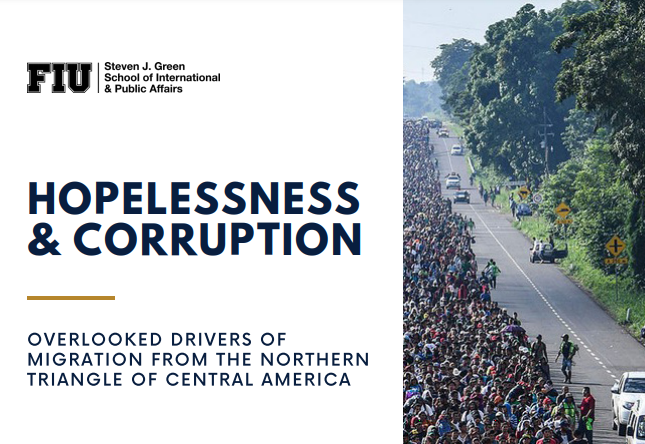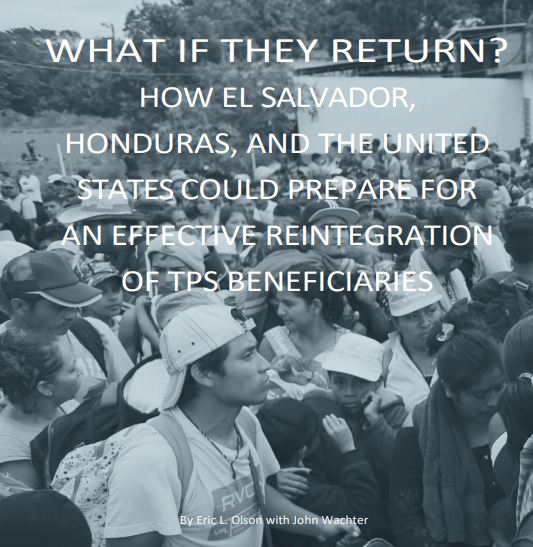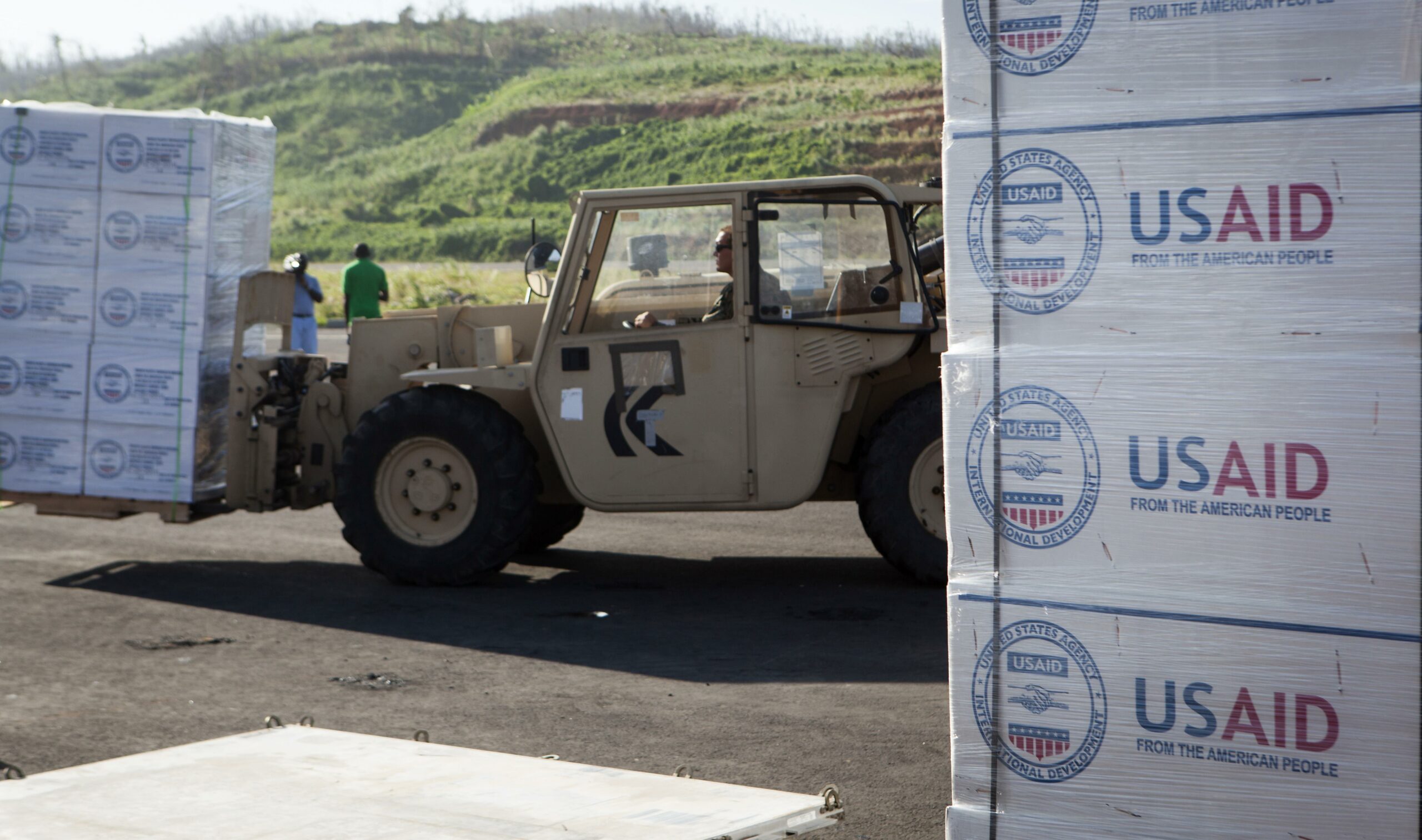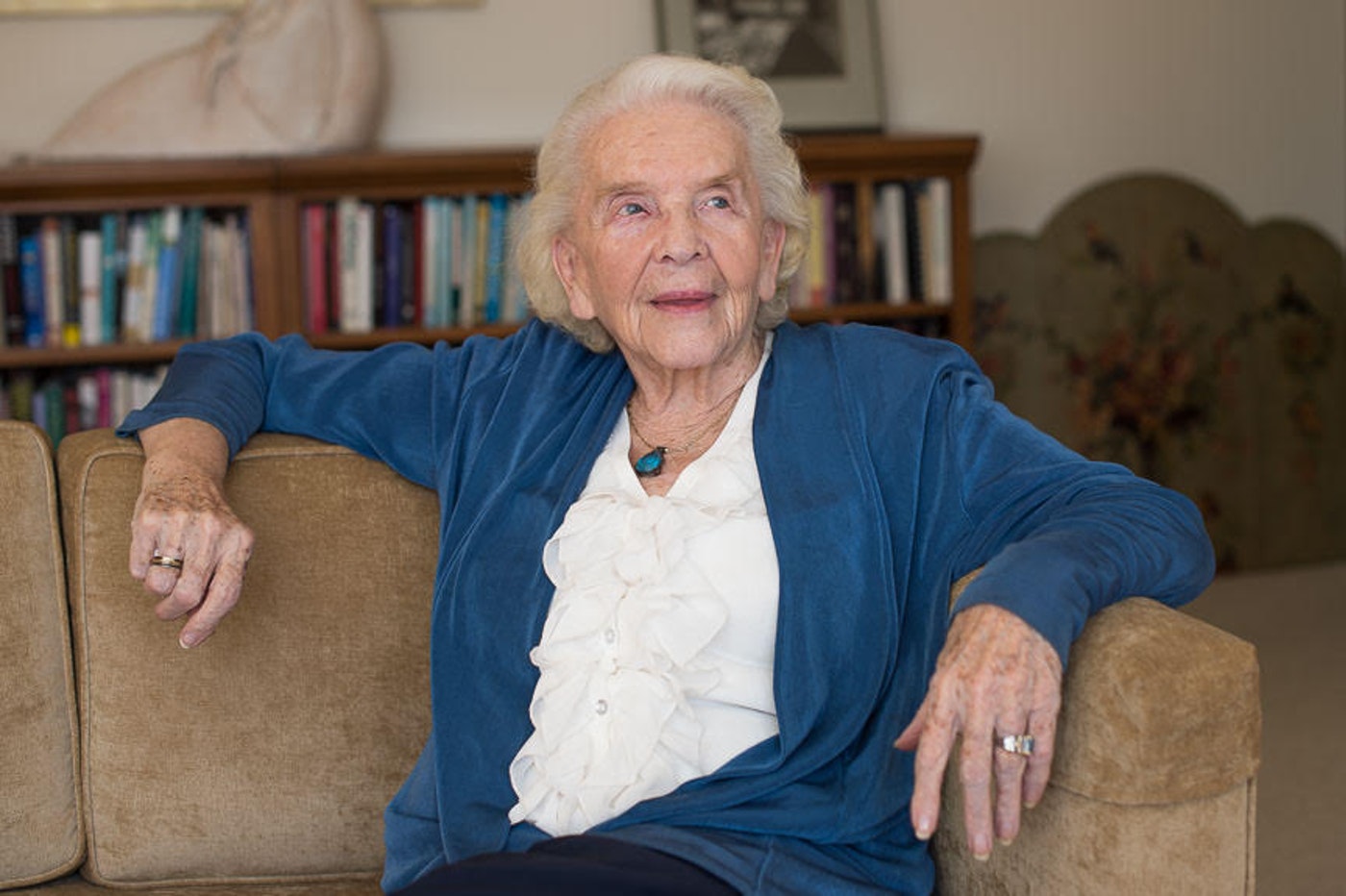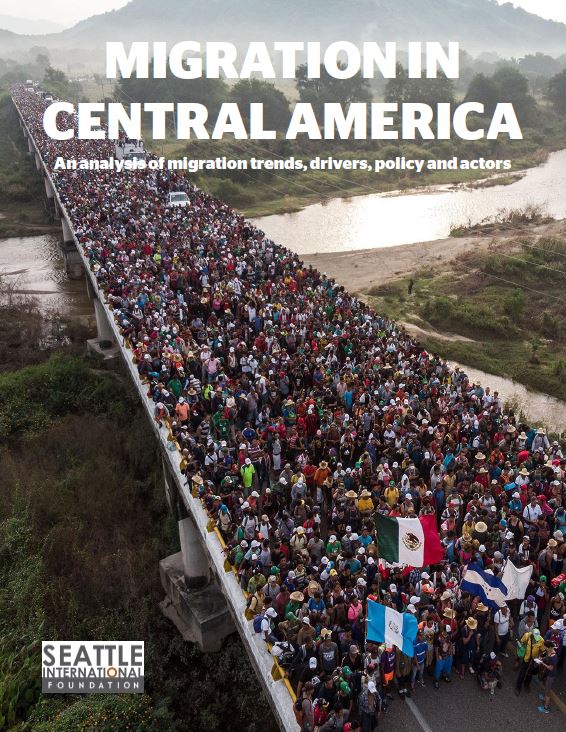El Salvador’s February 4th Election: Eight Keys to Understanding the Political Context and Likely Results
In an effort to provide context for the upcoming elections, we highlight eight important factors to consider in assessing the political landscape in El Salvador. While this document acknowledges President Bukele’s personal popularity, it also places it in a broader political context so that United States policy makers can understand the growing threats to democracy his re-election represents.
Experience and Lessons from CICIG (working paper)
This article reflects upon the most important contributions of CICIG in Guatemala following the webinar, “The original experiment: Lessons from CICIG and challenges for the region”, which was organized by the Kimberly Green Latin American and Caribbean Center (LACC) of Florida International University and Seattle International Foundation (SIF) on May 13, 2020. (Document available only in Spanish.)
US Foreign Aid To The Northern Triangle 2014–2019
Jeff Ernst, Kelly Josh, Eric L. Olson, Kristen Sample and Ricardo Zúñiga, the authors of this report, interviewed current and former US officials and development practitioners who carried out US assistance in the 2014–19 period, as well as experts and beneficiaries in the Northern Triangle, to gain their insights regarding the overall efficacy of this assistance. Ideally, the lessons learned through this exercise will inform current and future efforts to promote sustainable, positive change in the three countries.
Hopelessness & Corruption
This paper analyzes the drivers of migration hypothesizing that persistent government failure driven in large part by corruption produces a sense of hopelessness among Central Americans that contributes to and propels their decision to migrate. The authors, Joy Olson and Eric L. Olson, conclude that addressing weak governance and corruption helps create a national context in which individuals can see a future in their own country.
What if They Return?
Approximately 332,000 immigrants from El Salvador and Honduras are at risk of losing their Temporary Protected Status (TPS) in the United States in 2021. Eric L. Olson and John Wachter present an analysis of what will happen if they are sent back to their countries of origin.
US Foreign Aid: Confusing, misunderstood, and on the chopping block
U.S. foreign aid can be confusing, is often misunderstood, and is on the chopping block; Donald Trump significantly cut the level of foreign aid to the Northern Triangle (Guatemala, Honduras, and El Salvador) in 2019. Analyze and interact with the data to better understand the scale and purpose of U.S. Foreign.
Women Leaders: Does it make a difference?
In 2017, Alene Moris, a dedicated feminist and social justice activist, gave a speech in the United States on the substantial difference women can make in positions of power. She asserts that once women realize that they live in a world designed by men and commit to building a community of women in leadership, women leaders will make a big difference. Alene argues that together men and women would have enough wisdom to build a new culture that uses everyone's intelligence and talents in public decision-making.
Migration in Central America
Migration in Central America is an analysis of the migration trends, drivers, policies and actors in the Northern Triangle of Central America. It documents and analyzes the stubborn persistence of migration, while also raising questions that could form the basis of relevant policy research and analysis.
Central America Investment for Development Study
This study serves as a starting point for conversation around the strengths and weaknesses of the social investment process by different actors in Central America. It maps out and analyzes the amount of resources allocated by the region’s private sector to social investment and philanthropic projects or programs.
2014 Global Giving Guide
Global poverty is severe and widespread, yet real and lasting solutions exist. The 2014 Global Giving Guide, published by the Seattle International Foundation, highlights 20 Washington state-based organizations who are creating and implementing those solutions and helps connect caring citizens with worthy causes, improving lives around the world.
2013 Global Giving Guide
The Pacific Northwest has long had a major stake in global issues and has always demonstrated a generosity of spirit and inclusiveness towards others. The 2013 Global Giving Guide highlights 20 organizations harnessing that generosity to improve the lives of people around the world.

